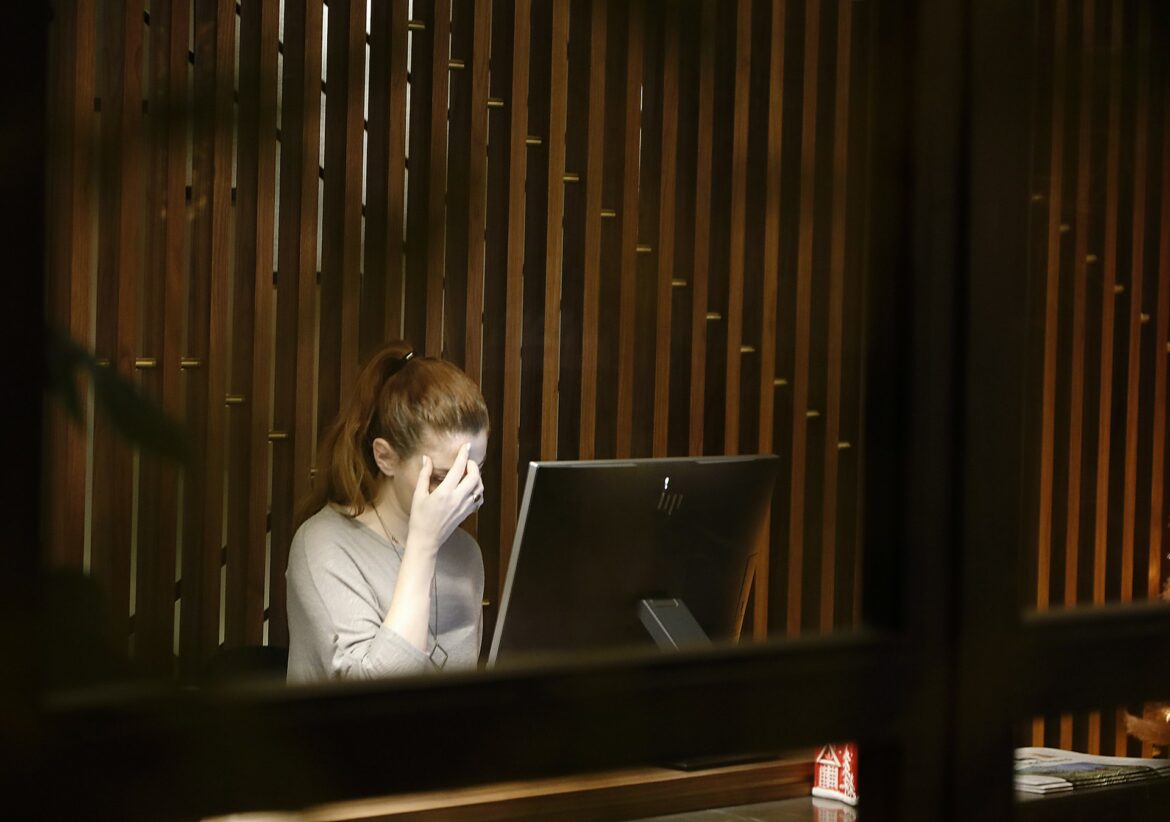===INTRO:===
Fame often appears glamorous from the outside—glittering lights, adoring fans, and a seemingly endless stream of opportunities. Yet, behind the dazzling facade lies a less visible reality: the emotional and mental toll it takes on creators. The pursuit of success can come with unexpected costs, gradually eroding the well-being of those who chase the spotlight. This article sheds light on the hidden struggles that often accompany fame and how they contribute to creative burnout.
Unveiling the Emotional Toll of Fame on Creators
For many creators, fame transforms their lives in profound ways, often bringing a mix of exhilaration and isolation. The constant attention and scrutiny can be overwhelming, making it difficult to find genuine privacy or authentic relationships. Many artists report feeling emotionally drained as they navigate the pressures of public expectation while trying to stay true to themselves. Over time, this emotional strain can lead to feelings of anxiety, depression, and a loss of identity, as their personal lives become increasingly intertwined with their public image.
Another aspect of the emotional toll involves the relentless need to perform and produce. Creators often grapple with the fear of failure or not meeting audience expectations, which can result in chronic stress. The desire for validation from fans and critics alike can create a cycle of dependency, where their self-worth hinges on external approval. This dependence amplifies feelings of inadequacy and fear of disappointing their audience, leading to emotional exhaustion. Such psychological burdens can make the creative process feel like an uphill battle rather than an outlet for expression.
Moreover, the lack of a sustainable support system can intensify these emotional struggles. Many creators find themselves isolated, hesitant to share their vulnerabilities due to fear of judgment or losing their fanbase. The absence of meaningful connections or mental health resources exacerbates feelings of loneliness. As a result, their emotional health can suffer silently, contributing to burnout and a diminished capacity to create with passion and authenticity. Recognizing and addressing this emotional toll is crucial for fostering happier, healthier creators behind the fame.
How Constant Pressure Leads to Creative Burnout
The relentless pursuit of relevance and success subjects creators to an unending stream of demands. Whether it’s meeting deadlines, maintaining audience engagement, or constantly innovating, the pressure can become overwhelming. This continuous cycle of effort without a break often leads to creative fatigue, where inspiration dries up and ideas no longer flow freely. Over time, this can cause a person to feel disconnected from their craft, questioning their talent and purpose.
The fear of falling behind or losing their edge drives many creators to push themselves harder, often at the expense of their health. The comparison culture prevalent on social media fuels this anxiety, as creators see peers achieving success and strive to keep pace. This competitive environment fosters a mindset where rest and self-care are seen as liabilities rather than necessities, leading to overwork. The result is a diminishing of creative energy, culminating in burnout—a state where the desire to create is replaced by feelings of exhaustion and apathy.
Furthermore, the lack of boundaries between personal and professional life intensifies the risk of burnout. With the digital age blurring these lines, creators often find themselves working around the clock, responding to messages or creating content late into the night. This constant connectivity leaves little room for mental rejuvenation or personal fulfillment. As creativity wanes under this relentless pressure, many creators experience a decline in quality and enthusiasm for their work, which can have lasting repercussions on their careers and mental health. It’s clear that sustainable creative practices and boundaries are vital for preventing burnout and maintaining long-term passion.

